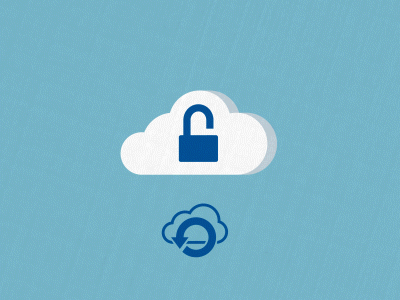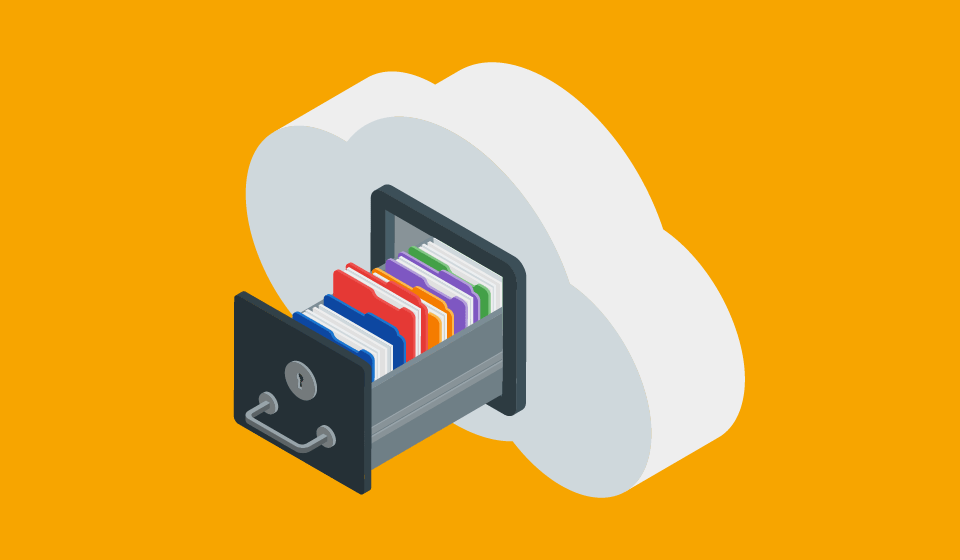What are the key points you should consider before selecting a Colocation Provider?
In the IT world colocation services have turned out to be the most popular commodity. The IT world prefers colocation data centre facility as it allows for renting a space for storing and installing servers and other hardware. It provides the floor space, cooling, power and physical security to the servers, storage and/or applications owned by a customer. These services not only understand the operational dynamics of every organisation but also, deploy the essential building blocks to maximise the enterprise growth. It is estimated by 2020 the colocation market will grow at a 15.4% compound annual growth rate. Enabling the organisations to deploy a data centre without a need to buy it is one of the reasons for its growing popularity.
According to a report the average colocation contract accounts for three to five years. Also, the customers can go for wholesale colocation contract which accounts for five to fifteen years. Mostly the customers prefer the wholesale contract of more than 3 years to avoid the losses concerning costs and potential downtime. It is a challenging task to look for a reliable and affordable collocation data centre. We all are aware that every business offers a different set of facilities but, there are some facilities that each data centre offers in common. Along with the physical characteristics, it is also essential to understand the colocation facility operation, how the long term clients are treated and flexibility offered on space, power and cooling.
It has become vital to look for colocation facilities satisfying both your current and future requirements. Here are a few things you need to check while selecting a colocation data centre.
1. Power Density
Improved power density is a crucial element of the colocation service provider to support current and future technologies. Technological innovations have led to an increase in the data centre power densities. There are a considerable number of clients demanding 10 kW per cabinet. But, only few colocation service providers are supporting the future technological advancements.
A high power density data centre drives environmental and operational cost efficiencies. A report says a majority of vendors are implementing a supplemental cooling system to support high-density environments.
2. Flexible Service Level Agreement (SLA)
SLA enables the service providers to manage customer expectations and define the circumstances under which they are not liable for performance issues. It is also beneficial to the customers as it enables to compare the described performance characteristics with the vendors SLAs.
SLA is written to protect the provider. The contract typically defines the objectives, services to be covered and the responsibilities of the service provider and customer. The provider needs to be careful while addressing the contract and SLA elements critical to the business. This contract is subjected to modification over time by adding new services and changing the existing ones.
3. Security
The primary reason for a business to select a colocation data centre is heightened security. It is a crucial aspect need to be considered while setting up a budget. It enables organisations to store sensitive information remotely. Also, it provides multiple levels of security inside and outside the data centre. It is essential before selecting a colocation provider to know the internal and external security parameters.
Round-the-clock monitoring and restricting access are few physical security measures that may help you provide high-security to the colocation data centre. Also, the virtual security measures like biometrics and video surveillance have gained popularity to protect confidential information.
4. Disaster Recovery and Business Continuity Plans
A business continuity plan is essential to make your business run even if a disaster strikes. Also, select a plan that protects your business from natural disasters and human errors in future. Also, the disaster recovery plan should be tested by the technical experts to support the businesses.
A data centre providing a workplace to the technical team for disaster recovery testing and declarations should be selected.
5. Network Carrier Redundancy
Connections between the businesses and vendors are equally essential to maintain business continuity. While choosing a colocation service make sure it provides you with a variety of network carriers that enables connectivity within the facility. Also, you need to search for a vendor that provides you with cost-effective redundant network design.
Network carrier redundancy plan should also involve continuous connections between the workforces and the customers.
6. Bandwidth
High functioning, quality and speedy internet is the basic requirement for the smooth operation of the business. A business may have to face loss due to the absence of potential internet connection.
Business entities should make sure that they ignore weak bandwidth options to avoid potential downfall. For reliable and affordable connections, you can choose the colocation data centre over the in-house hosting services.
Conclusion
Colocation has gained popularity and acceptance in the business world. While choosing a colocation data centre, it is essential to analyse the business needs and the budget to be spent. The above hacks will help to find a better colocation service provider for your business
- Digital Transformation Paves the Way for the Finance Industry - July 29, 2021
- Embracing Change – How Banks are Adopting Digital Innovation - April 19, 2021
- How the Indian Education Sector is Embracing Cloud Computing - November 13, 2020



It is informative article. I was searched this topic. In this page I found the information. Thanks for posting. – it staffing company in mumbai
Great post and advice. Very useful information, it clarified things a lot for us. Thanks for the wonderful blog.- bangalore to shirdi tour package